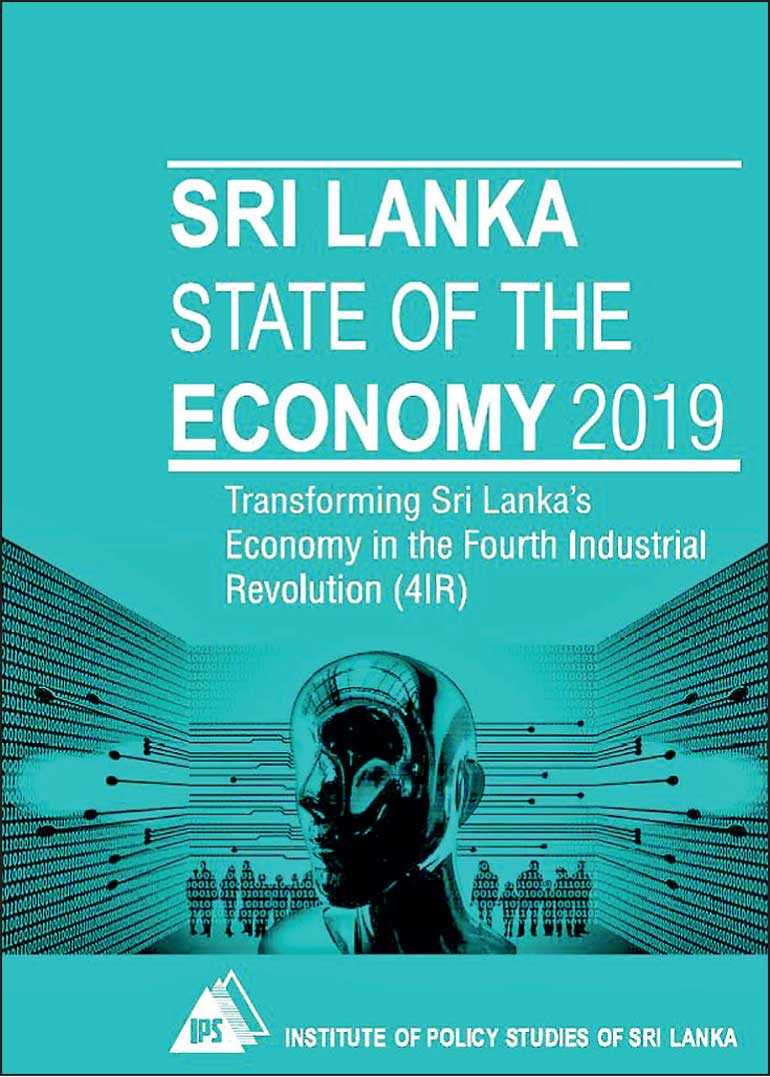Sunday Feb 22, 2026
Sunday Feb 22, 2026
Friday, 8 November 2019 00:00 - - {{hitsCtrl.values.hits}}

The profound impacts that an emerging fourth industrial revolution (4IR) will have on the future employment landscape underscore the crucial role of education and skills in preparing a workforce that can meet the needs of today’s and tomorrow’s labour markets.
Indeed, education is at the heart of preparing present and future generations to succeed in a technology-driven future economy. A country’s ability to take on new technologies and transform them into economic advantage will largely depend on the availability and readiness of its human capital to cater to these demands in sufficient quantity and quality.
Implications of the 4IR for education
An education system designed for an economy in the 4IR requires a shift in emphasis from the current focus on specialisation, to individuals developing broader skills sets, given the need to continue to invest and upgrade qualifications and skills in line with changing demands.
It also requires a change from a system founded on facts and procedures, to one that applies knowledge to collaborative problem solving. Indeed, the current large divide – between the content-driven education model developed in the 19th century and today’s skills-based world of work – is identified as one of the biggest concerns, especially in the context of preparing students for jobs that do not exist yet.
Changing skills requirements call for new and effective ways of learning. The demand sources for online forms of learning include schools, universities, corporates, governments, or direct-to-student, whereas supply channels include content providers (authors, institutions), service providers (content creation, publishing, marketing), and technology providers (authoring tools, platforms, learning management systems (LMSs). Different tools within the LMSs enable various processes to be automated, such as a course with set materials and automatically graded tests.
It is encouraging to note that Sri Lanka has recently ventured into the arena of online forms of learning, thereby opening up opportunities to modernise its education system in line with rapidly changing requirements. The construction of Smart Classrooms (SCs) in several schools across the country, by both the state and private sector, is an important initiative in this regard, which consist of educational technology related components that facilitate an interactive and stimulating learning environment.
Current challenges for Sri Lanka
Despite recent initiatives, Sri Lanka’s e-learning industry is still in its infancy, with fundamental changes in the education sector, as well as a robust infrastructure for digital access being needed to develop the industry and for it to eventually play a key role in shaping the skills and education needs of the country. Several challenges can be identified in this regard:
The technologies and equipment required to install and maintain SCs and other online learning platforms are costly. Given the tight budget constraints under which Sri Lankan public schools operate, and limited private sector participation, allocating funds for smart technology will be a formidable challenge.
Apart from technological equipment, resource constraints in terms of providing education in the science, technology, engineering, and mathematics (STEM) fields will also hinder the skilling of students in fields such as big data analytics and machine learning.
A related concern is the risk that smart technologies will widen existing disparities in access to quality education, given the unequal distribution of both physical and human resources Even if smart technologies were made available, ensuring that students in rural and marginalised areas are able to benefit from these will be a challenge. The risks of further widening already existing gaps between privileged and underprivileged schools and urban and rural areas, in terms of equipping students for a 4IR environment, are thus high.
Barriers to reform education in line with 4IR developments, for instance due to archaic and inflexible governance structures or poor implementation, can also pose challenges in embracing modern education-related technologies.
Policy implications
Restructuring Sri Lanka’s education system to meet the demands of a 4IR labour market is a multifaceted and long-term task. There is an urgent need to design education curricula which impart knowledge and skills that have relevance in the modern workplace.
In this context, Sri Lanka can take advantage of the recent uptake of e-learning systems such as SCs – and identified positive learning outcomes and other benefits – to make timely and significant changes to its education curricula. Smart technologies, for instance, allow for more holistic teaching approaches, making a strong case for incorporating more critical thinking, problem-solving, and interpersonal skills approaches into syllabi – as opposed to traditional memorisation-intensive content – to support these new forms of learning.
Addressing issues such as resource constraints and equity concerns in digitising Sri Lanka’s education sector requires the involvement and contribution of multiple stakeholders, given the enormity of the task at hand.
Moving forward in developing a responsive and relevant education ecosystem also calls for improving digital fluency across the country. While increasing the STEM-literacy of the population is an important element of improving digital fluency, 4IR-related skill requirements call for generalised digital fluency, over and above subject-specific competencies, highlighting the need to embed technology across the educational experience to reflect its bearing in all sectors and occupations.
In this regard, Sri Lanka would do well to consider: (1) modernising the A-Level arts stream and making it more technology-intensive; and (2) creating more flexibility in integrating the humanities and arts with STEM subjects.
[This Policy Insight is based on a chapter written for the ‘Sri Lanka: State of the Economy 2019’, on Transforming Sri Lanka’s Economy in the Fourth Industrial Revolution. The chapter is authored by Ashani Abayasekara, Research Economist, of the Institute of Policy Studies of Sri Lanka (IPS).]